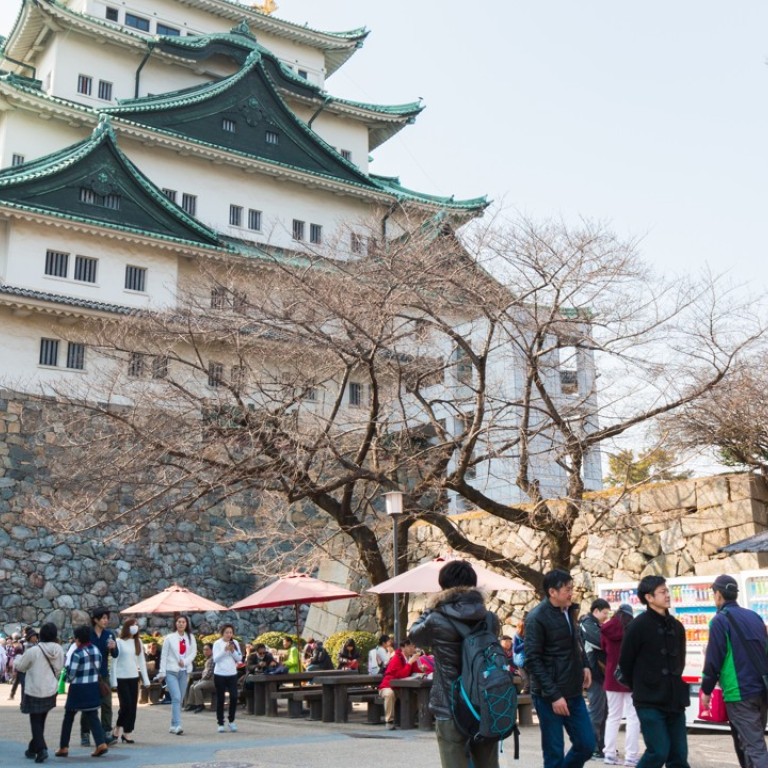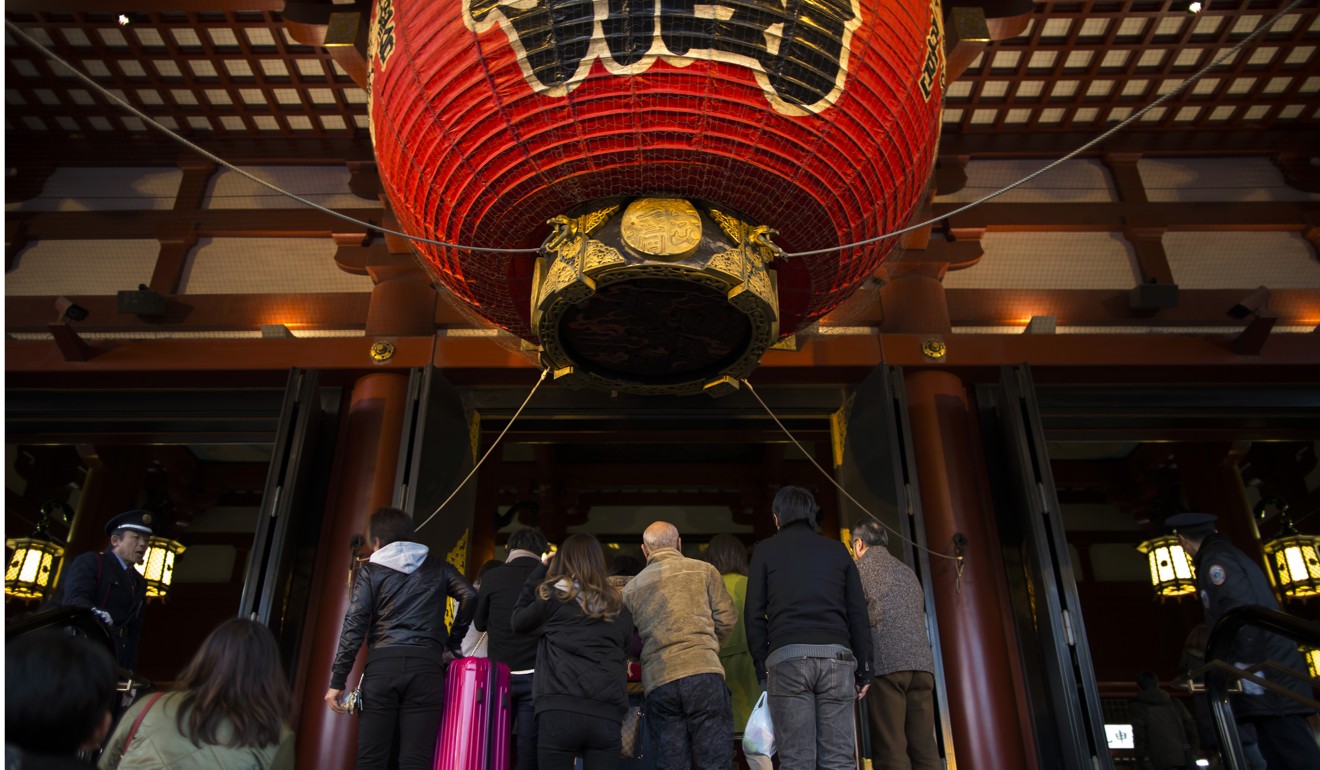
Tokyo hotel partners with Airbnb-style lodging operator to reap opportunities
Hotel shortages in large Japanese cities with the current tourism boom has led to a spike in businesses offering private lodging
If you can’t beat them, join them.
That is exactly what a Tokyo hotel has decided to do by agreeing to work with the operators of budding Airbnb-styled Japanese home-share accommodation called “minpaku”.
In the partnership, Hotel Suehiro in Tokyo’s Ota Ward has started performing front desk services for guests of minpaku, which are currently permitted in limited areas across Japan but will become more widespread in June when a new law comes into force.
So despite helping a local rival’s business, Hotel Suehiro is reaping manifold benefits, such as getting more customers to use the hotel’s spa.
“There are many foreign travellers who wish to share a single room as part of a large group,” said a representative of minpaku operator Hyakusenrenma Inc., which provides about 20 private rooms in the area around Hotel Suehiro.
“One option to meet the demand is that hotels operate minpaku businesses in their neighbourhood and let large groups stay in rooms provided,” the official said.
Ota Ward is one of a number of special government-designated areas where, since January 2016, property owners have been permitted to offer accommodation to tourists for profit.
The enforcement of the new law in June will allow property owners in Japan to rent out vacant homes or rooms to tourists for up to 180 days per year after registering with their local municipality.
With Japan’s current tourism boom bringing a record number of foreign visitors, hotels in large cities like Tokyo, Kyoto and Osaka have seen accommodation shortages, contributing to a spike in businesses offering private lodging.
The identity of guests must be confirmed in person, according to guidelines for the specially designated minpaku areas.

Hotel Suehiro President Mitsuharu Nishizawa, 48, was initially an opponent of minpaku, due partly to safety concerns as some unscrupulous operators failed to obtain approval from municipal authorities.
In such cases, customers may be unaware about who is running the minpaku and whether rooms are adequately equipped to protect against hazards such as fires. “It’s dangerous when you don’t know the actual state of things,” said Nishizawa.
It’s dangerous when you don’t know the actual state of things
At the same time, he acknowledged that people are becoming more accepting of a wider range of accommodation types. Women, for example, are increasingly using Japan’s unique one-person capsule rooms, with some providing female-focused services. More people are also staying overnight at internet cafes which provide showers.
Nishizawa said that he came to understand that meeting the increased tourist demand by running minpaku out of Japan’s growing number of vacant homes is a change that suits the times. Not only that, but hotels and Japanese inns could take advantage of a new business opportunity, he said.
He believes having local hotels confirm the identities of minpaku guests also contributes to improved safety for residents of the surrounding neighbourhoods, and for building owners.
Minpaku operator Hyakusenrenma, based in Sendai in northeastern Japan, is encouraged. The company is looking to expand similar arrangements in which hotels and Japanese inns near its properties provide services such as room key management and cleaning work.

